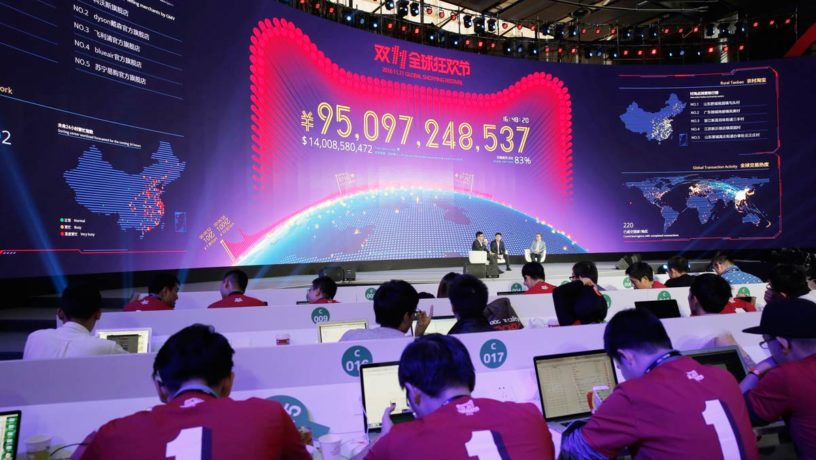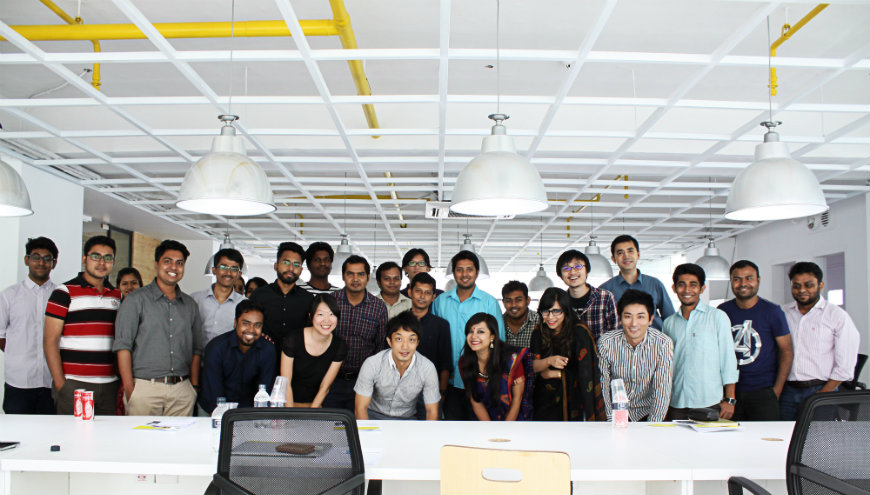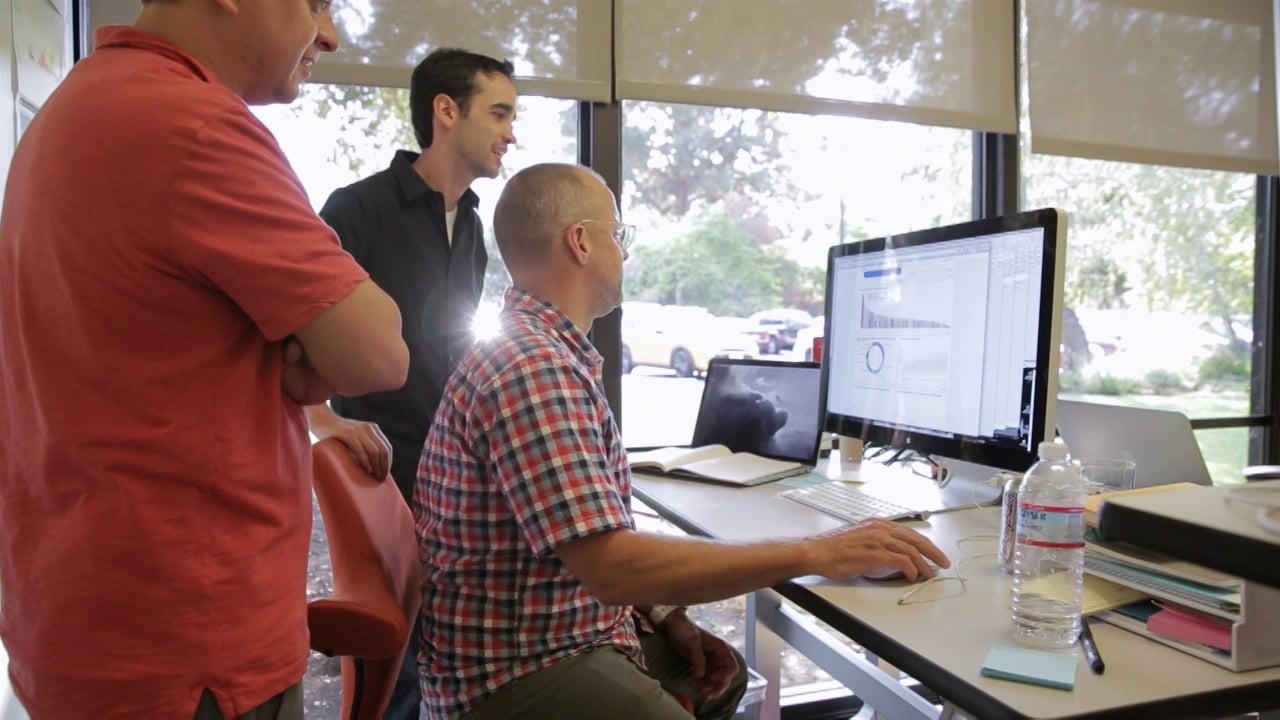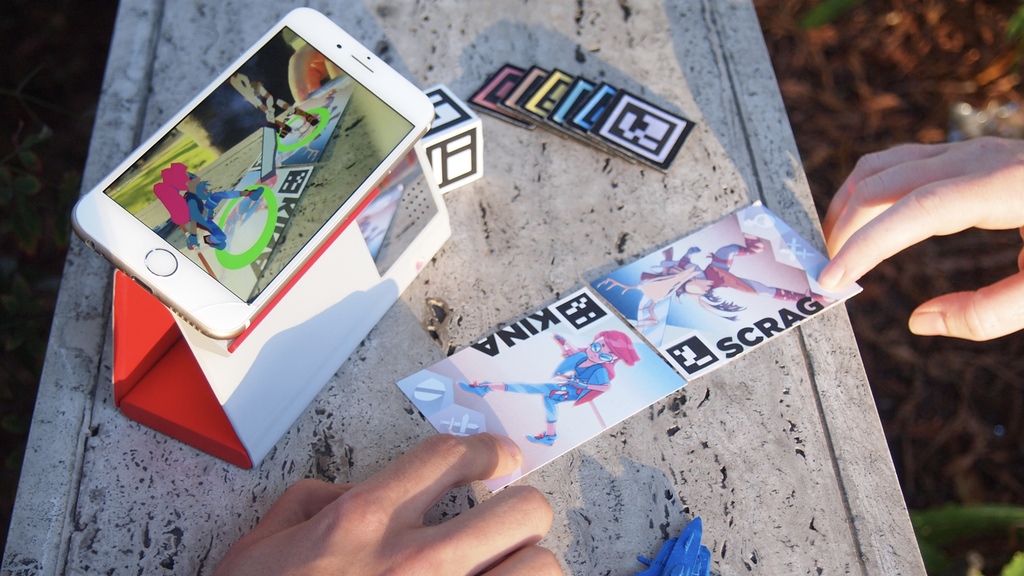vivian
-

The World’s Biggest Shopping Event: Alibaba Achieve Highest Sales Record Of US$ 17.7 Bn On Singles’ Day
China’s ecommerce giant, Alibaba has set a new sales record with its annual Singles Day event, reaching 121bn yuan (US$ 17.7 billion)
-

Japan’s Sekai Lab, A Crowdsourced App Development Service Secures US$2.5 Million For Market Expansion
Japanese Monstar Lab secures 250 million yen (about US$2.5 million) for the further expansion of crowdsourced app development service, Sekai Lab .
-

Behavior Analytics Firm Interana Raises US$18 Million In Funding Round Led By Vertex Ventures
Interana, a California-based startup providing behavioral analytics solution has secured US$18 million in a funding round led by Vertex Ventures. The funding will be used to make behavioral analytics more available to digital transforming businesses.
-

New Chinese Bike-Sharing Startup Ubike Raises US$22 Million To Join Heated Market
Chinese Ubike raises US$22 million in Series A funding to get a competitive edge against Ofo and Mobike.
-

ToneTree Launches Kickstarter For OAK, An Augmented Reality Playground For iPhones
ToneTree has recently launched their Kickstarter crowdfunding campaign for OAK, an augmented reality platform that can turn an iPhone into a table top reality playground for any user.





